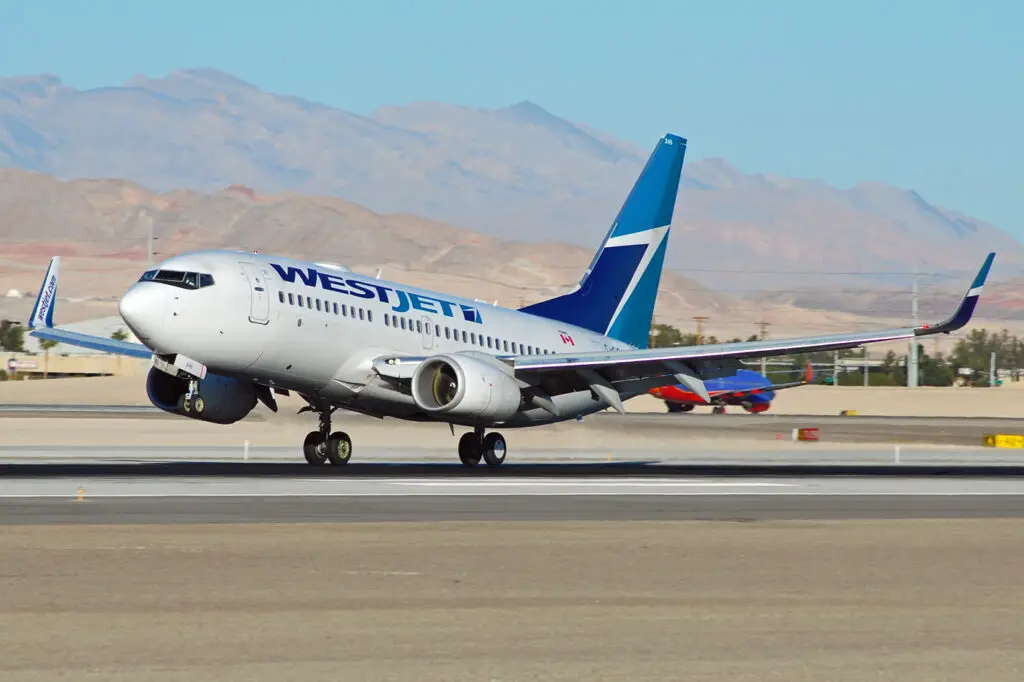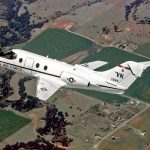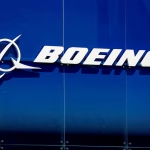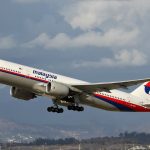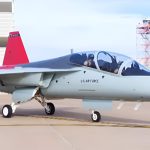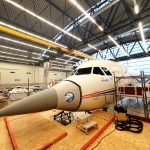WestJet acquired the first Sustainable Aviation Fuel (SAF) supplied in Canada. The fuel is provided by Shell Aviation and marks a new milestone in the Canadian airline’s progress toward achieving net-zero emissions by 2050.
With the appropriate regulatory and investment environment, SAF remains one of the most viable options within the sector to reduce emissions. It has the potential to reduce life-cycle emissions by up to 80% when used pure, compared to conventional aviation fuel.
Angela Avery, Executive Vice President of the WestJet Group, said: «WestJet is committed to enhancing its position as a pioneer in sustainable technologies. Just as we pioneered advancements in Winglets and aerodynamic drag reduction, WestJet is proud to be the first airline to acquire Shell SAF in Canada.»
«Thanks to Shell’s first-class fuel supply chain and WestJet’s proven track record in sustainability, this first step lays the groundwork for future collaborations and innovations that foster investments in this important lever for decarbonization», she added.
WestJet maintains its commitment to work with government and industry partners to establish a sustainable long-term commercial framework for SAF.
The SAF acquired from Shell Aviation is blended with conventional aviation fuel to meet all certification and safety requirements, without the need for new investments in aviation engines, fuel infrastructures, or distribution processes.
Christine Bassitt, General Manager of Shell Aviation for the Americas, noted that «we are delighted to supply SAF to WestJet, as we continue to support our customers on their decarbonization journey while developing the supply chain in Canada to enable more customers to access SAF.»
Supply System for WestJet
Shell Aviation uses a program called Avelia to supply SAF to WestJet, one of the world’s first digital booking and claiming solutions for SAF in air travel, based on blockchain.
Avelia utilizes blockchain to provide clear and transparent tracking of the environmental attributes of the SAF supplied to the aviation fuel supply network.
Environmental attributes can be assigned to both airlines and business customers, avoiding issues like double counting. This means that companies can confidently see verified emissions reductions from the life cycle of SAF today, while working to establish enough SAF to meet their future net-zero or science-based targets.

